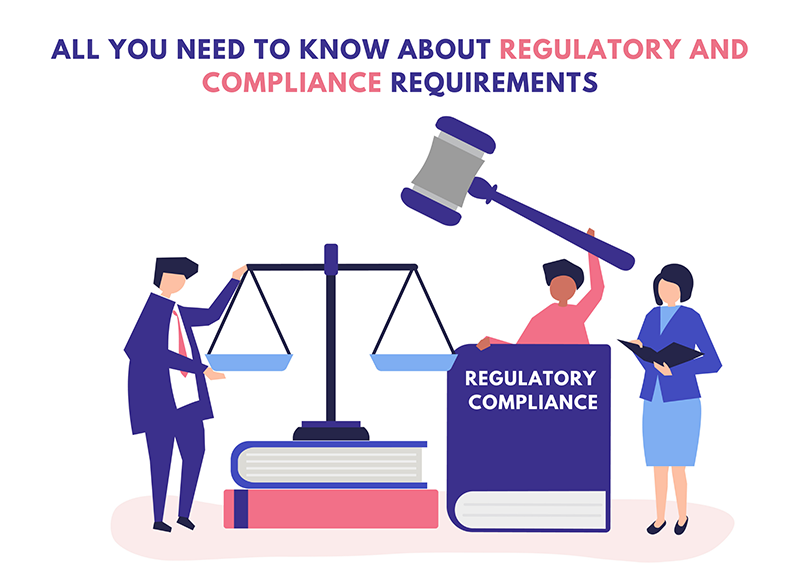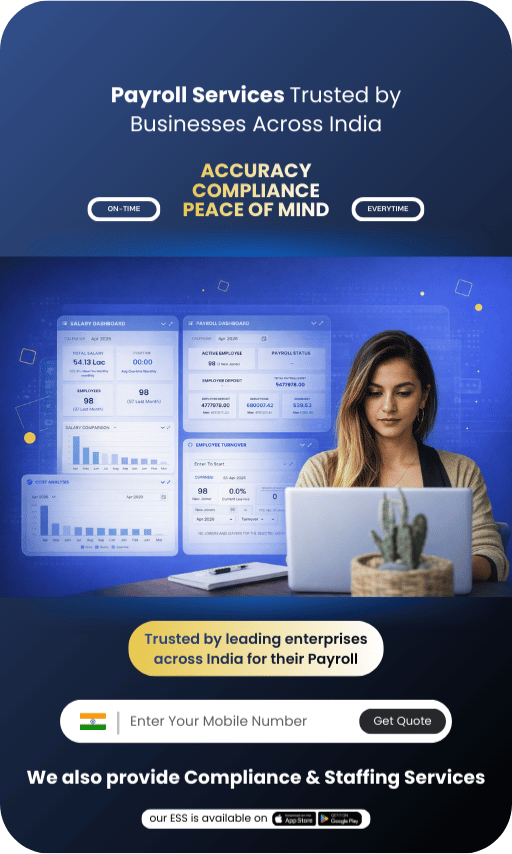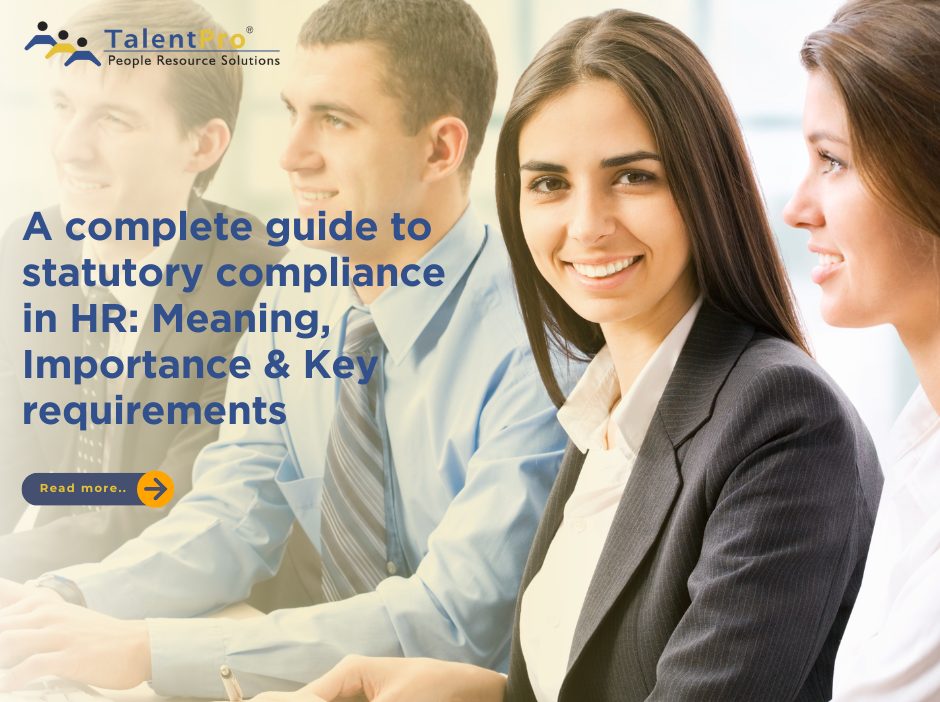[vc_row][vc_column][vc_column_text]Setting up appropriate workplace policies in compliance with laws and norms as prescribed by the industry and governmental agencies is a basic need for running a business. Enforcing them is a crucial requirement of any modern business organization. Moreover, companies must have a system to ensure appropriate practices to adhere to such policies. All these make HR Compliance a critical part of the business. Partnering with the right compliance service providers proves helpful in this regard.
Read more: Implementing Statutory Compliance with 5 Simple Steps
The Importance of Regulatory Compliance
Regardless of whether you are running a small or large business, you must follow specific laws associated with Regulatory Compliance. Regulatory bodies have defined a set of regulations and policies that business organizations must follow. Failure to abide by the rules and regulations will lead to penalties and other legal liabilities.
Neglecting HR compliance requirements is unlawful or illegal. Organizations need to understand their obligations and responsibilities. They must identify areas that require prompt and regular action to ensure compliance. Failing to meet regulatory compliance or HR compliance requirements will result in any of the following:
- Monetary or other penalties for breaking rules
- Hefty fines and sanctions for non-compliance
- Severe non-compliance may lead to heavy legal actions such as imprisonment
- Non-compliance and related legal actions may ruin an organization’s reputation
- If reputation is ruined, a company may not be able to attract the right employees and customers
- The overall negative impact on the business will be an unwanted consequence
The Role of Compliance Services in meeting Regulatory Compliance/HR Compliance Needs
- Defining and enforcing regulatory compliance objectives and adhering to Government laws and policies
- Compliance service providers help to bridge the gap between regulatory compliance needs and a company’s growth trajectory.
- Improve compliance with all essential rules and practices, thus positively influencing the hiring and business processes
- Assist companies to make compliance decisions according to different scenarios and priorities that their business may come across
The Best Practices to Enforce HR Compliance
- Developing a detailed HR compliance plan for a prescribed number of years
- Establishing location-specific HR compliance policies for the different work locations of the organization
- Updating the company’s HR Compliance manual and employee handbook yearly
- Ensuring HR compliance in all processes starting from hiring to business operations
- Providing periodical training to employees and educating them, thus enabling them to adjust to the evolving work environment
- Performing audits with the help of experts to ensure regulatory compliance and HR compliance
- Communicating the need for compliance and making the team understand the potential risks of non-compliance
Challenges Faced by Businesses in Meeting HR Compliance
- Staying updated: Labor laws and industry standards keep changing. Regulations keep evolving continuously, necessitating global businesses to keep updated.
- Proper interpretation of laws: The labor laws and the situations in question may differ between organizations. Having an accurate record or proof that can be verified is critical.
- Persistent negative behavior could prove tough: Companies with a history of non-compliance may find it difficult to make a complete makeover and change their environment according to compliance needs.
Read more: Impact of the Pandemic on Regulatory Compliance
Wrap-Up
Developing an effective, careful HR strategy that suits your work location and adheres to all the essential HR compliance requirements. Compliance Service providers can help your business to craft the perfect plan to meet regulatory compliance needs.[/vc_column_text][/vc_column][/vc_row]











